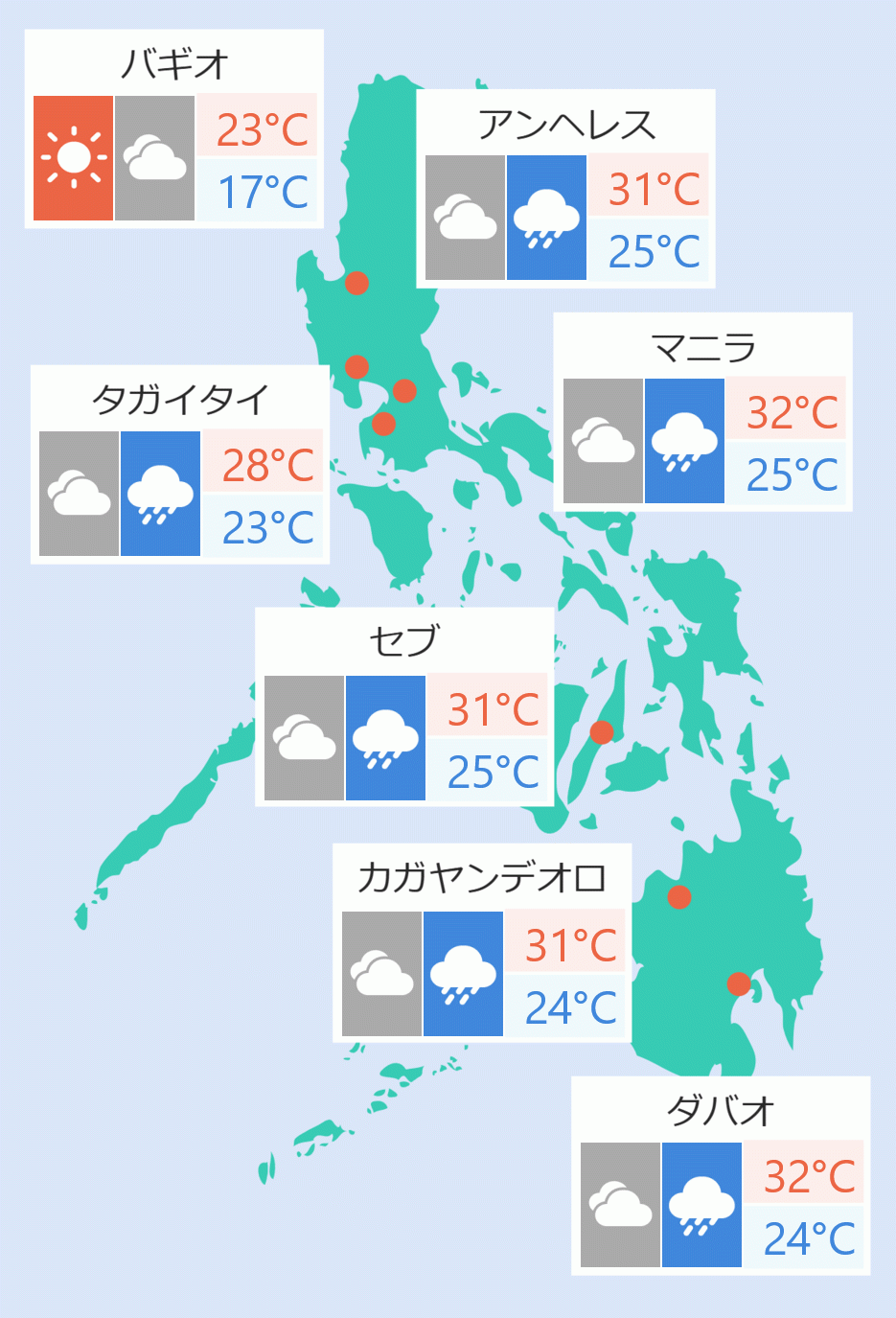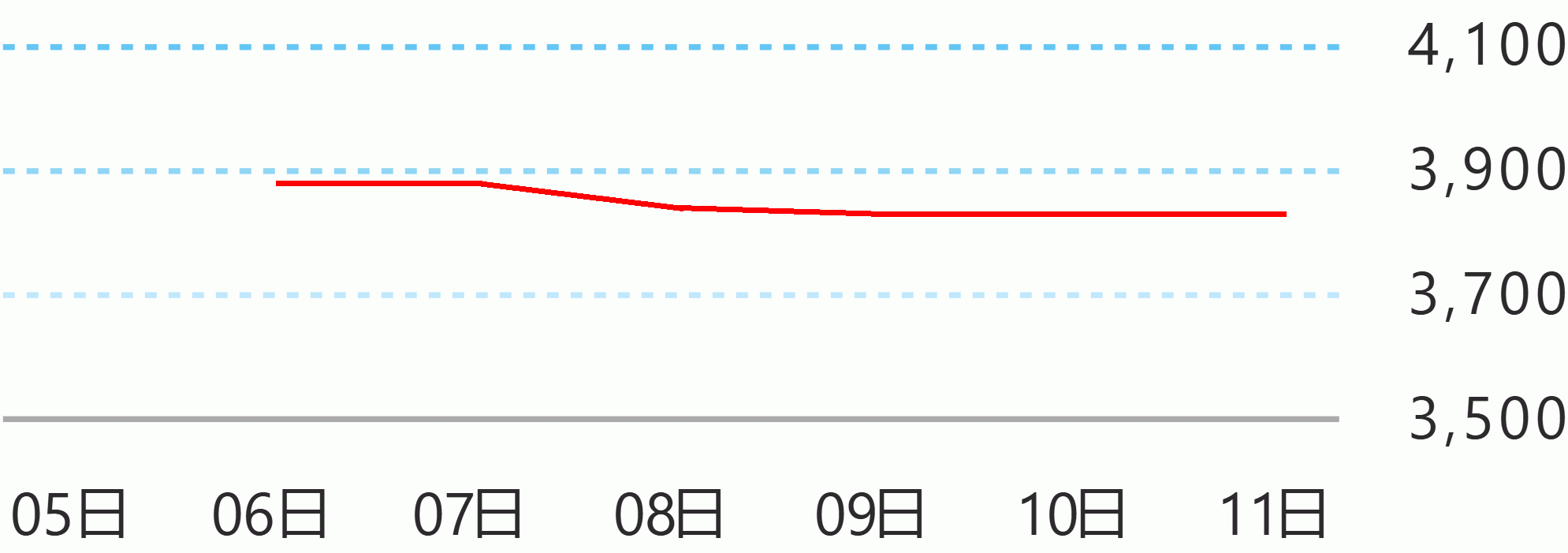A little over 50 percent of the drug-related killings in the country were allegedly perpetrated by the members of the Philippine National Police (PNP), according to a study by the Ateneo Policy Center.
In a research entitled "The Philippine Government's Anti-Drug Campaign: Emerging Evidence and Data" launched on Monday in Quezon City, Clarissa David, senior research fellow of the Ateneo School of Government, said thousands have been killed in the campaign against illegal drugs.
But she said there was no complete list of casualties that exists, thus, they did not have precise numbers.
Data from the Philippine Drug Enforcement Agency showed from July 1, 2016 to March 20, 2018 there were 4,075 personalities who died in anti-drug operations.
Based on the news reports that the Ateneo Policy Center compiled, David said they were able to come up with a list of 5,021 drug-related deaths between May 10, 2016 and September 29, 2017.
She admitted that the figures were just "a fraction" of all the killings, "but it tells us who are being killed, where, how, and why."
Out of those who died, fifty-five percent, or 2,753 "were killed by policemen as part of police operations," the study said.
The majority or 58.3 percent of deadly police operations were due to buy-busts; 14.7 percent were when serving of warrants; 6 percent during the police raid; and the rest, either in checkpoint or police sweep or search.
About 38 percent or 1,907 drug suspects were killed by mostly unknown, often masked or hooded, assailants; while 7 percent or 355 were found dead, often with gunshot or stab wounds, and in many cases, with placards alleging they were drug pushers left beside their bodies, the research said.
It noted that most of those who were killed or about 47 percent were alleged by police to be small-time drug dealers, while only 1 percent each were so-called narco-politicians or said to be police officers involved in drugs.
About 23 percent or 1,149 of the dead were on drug watch lists of the police and local officials, and 94 percent of those killed were males.
Many of the dead were killed at home or their bodies were found on streets or alleys, the study said.
Forty percent of the killings occurred in Metro Manila, mostly in Manila and Quezon City, while the rest were killed in the provinces, with Bulacan having the highest kill rates or 644.
Michael Henry Ll. Yusingco, a non-resident research fellow of the Ateneo School of Government, said the majority of those who were slain in Metro Manila came from poor villages.
He cited that in Quezon City, out of the 400 drug-related killings from May 10, 2016 to September 29, 2017, 76 percent or 305 happened in "relatively poor" villages, while 23 percent or 93 were from "relatively rich" barangays.
There were 463 drug-related killings in the city of Manila during the period, the research said.
Yusingco said drug-related killings "appear to be from poor and low-income communities like Payatas in Quezon city and Tondo in Manila."
Yusingco said when the International Criminal Court pursues an investigation against President Rodrigo Duterte on the alleged extrajudicial killings in the Philippines, it may consider their findings eventually.
He also urged the local government units to serve the people and not the national government.
The LGUs are here "to protect the local community, not the interest of the national government," he added.
Local and international human rights groups have been criticizing Duterte on his bloody war against illegal drugs.
The ICC has been conducting a preliminary examination against Duterte following a complaint against him and the policemen on the increasing number of people killed in his war against narcotics.
This prompted Duterte to order the Philippine withdrawal of its signature to the Rome Statute, which creates the ICC.
He even insisted that the Rome Statute did not take effect in the Philippines allegedly due to lack of publication in Official Gazette or newspaper of general circulation, thus, the ICC has no jurisdiction over him. Celerina Monte/DMS





 English
English










